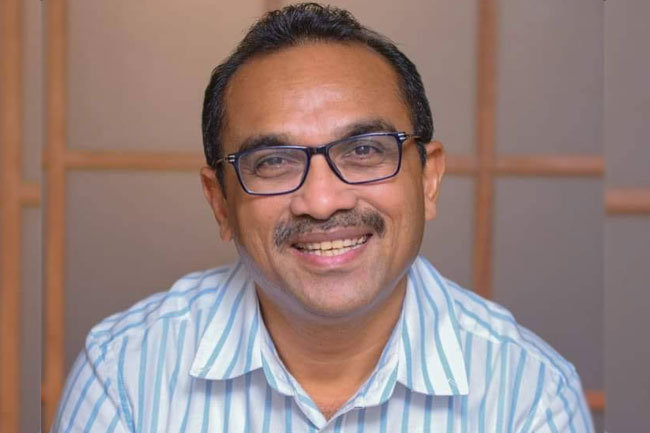Minister of Transport, Highways, Ports and Civil Aviation Bimal Rathnayake has clarified the recent wave of resignations among chairpersons of state institutions under his ministry, calling it part of a necessary transitional process following the change in government.
Speaking on a State TV programme, Rathnayake explained that the initial appointments were made just days after President Anura Kumara Dissanayake assumed office, describing them as temporary placements intended to stabilise institutions during a critical transition.
“These chairpersons were appointed by us—more or less like a temporary setup—within just three days after President Anura Dissanayake came into power,” Rathnayake said. “Some of these appointments were only meant to get us through that transitional period. And those individuals knew it too.”
He noted that while some stepped down voluntarily, others were replaced due to mismatches between expectations and responsibilities. “Some had to be passed over, and yes, some were unhappy. But governance is not just about appointing friends or loyal supporters,” he said, stressing the need for skill, discipline, and strategic thinking.
Rathnayake also admitted that not all appointees were suited for the roles. “Some lack the capacity or the right qualities. And I must be honest about that too,” he said.
Reiterating his own commitment to public service, the minister revealed that he had offered to resign after six months if he found himself unable to manage the role. “I’m not here because I’m clinging to power—I’m here because the party entrusted me with a responsibility.”
Describing the current moment as historic, he said it marked the first time in 2,000 years that political power had passed into the hands of the working class. “Before this, there was always elite rule—whether by colonial powers or kings like Sri Wikrama Rajasinghe. They never looked out for the poor.”
He emphasised the government’s commitment to integrity and transparency, saying, “We’ve said from the start: we won’t engage in corruption or nepotism. We won’t misuse public office.”
Rathnayake acknowledged, however, that trust between new ministers and long-standing officials remains fragile. “Some officials don’t trust us yet. They are watching to see if our actions match our words.”
He suggested that further changes to institutional leadership are likely in the months ahead, with possibly over 100 new voluntary appointments expected across various sectors. “To run this machine, we need the right engine, good parts,” he said, noting that this first six months has been a time of observation and reassessment.
“We must always act with respect for the public and for our own conscience,” he added. “If people say I’ve done something wrong, they are free to ask me—I won’t lie or pretend.”




